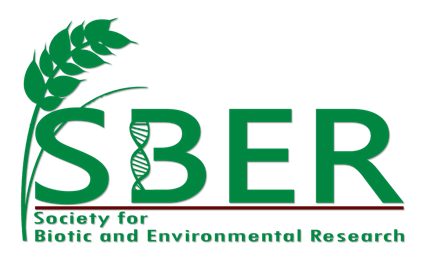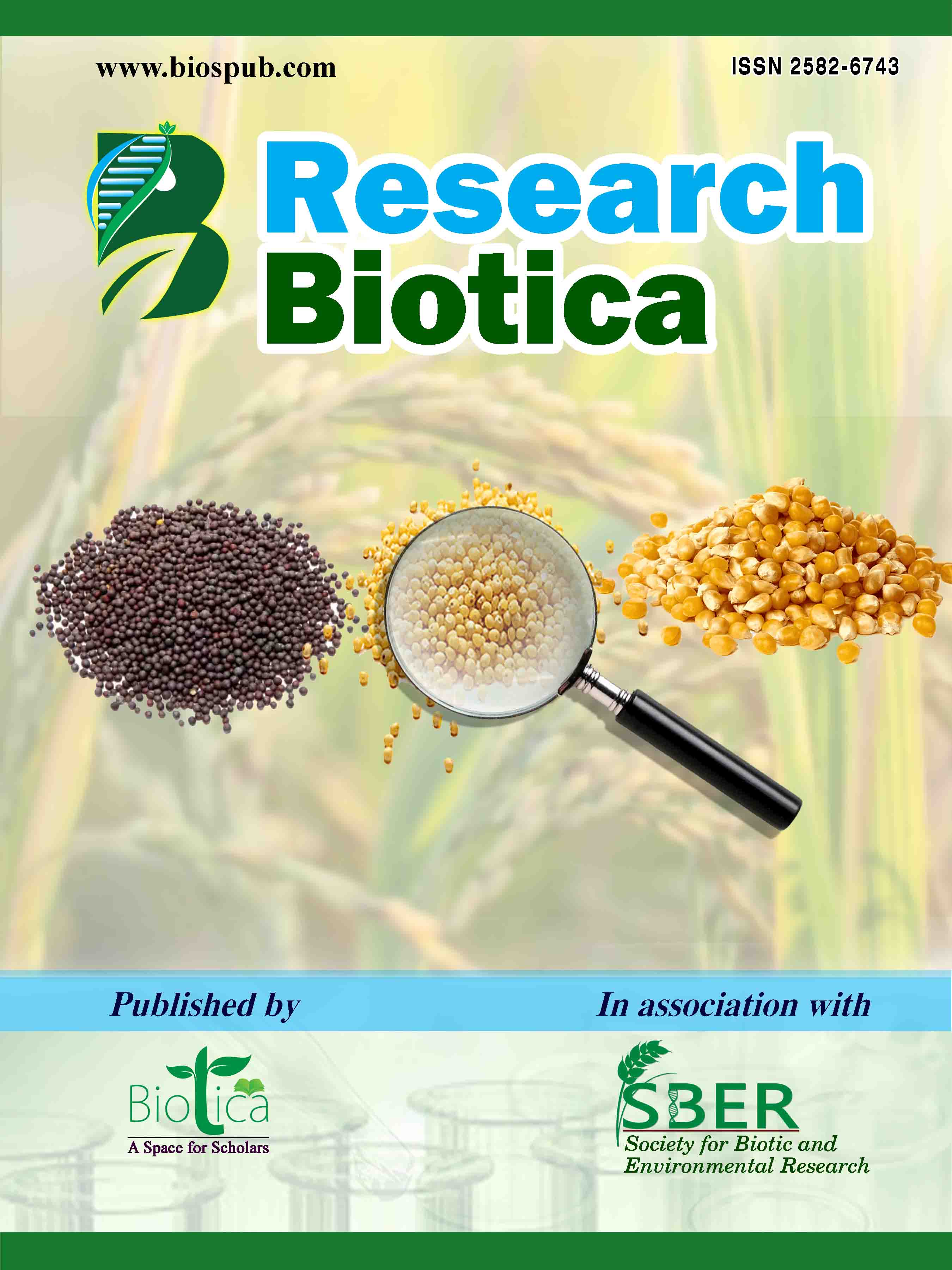Revolutionize Recycling by Genetic Engineered Plastic Eating Bacteria: Prospective and Challenges
Keywords:
Escherichia coli, Ideonella sakaiensis, Plastic-consuming bacteria, Polyethylene terephthalateAbstract
The emergence of plastic-eating bacteria represents a significant advancement in biotechnology and offers a potential solution to the global plastic waste problem. These bacteria have naturally evolved to consume polyethylene terephthalate (PET) by producing enzymes like PETase. Scientists have been able to modify and improve the bacteria’s enzyme production, turning them into more effective PETase factories by using genetic engineering. This could lead to a more sustainable method of recycling PET plastics, reducing the accumulation in landfills and oceans. Moreover, by breaking down plastic waste, these bacteria could help mitigate the adverse effects on marine ecosystems and human health caused by plastic pollution. However, it is important to note that PETase only decomposes PET plastic and there are other plastic types that remain a challenge. Further research and development are necessary for widespread commercial application of plastic eating bacteria, and to address the full spectrum of plastic waste.
Downloads
Downloads
Published
How to Cite
Issue
Section
License
Copyright (c) 2024 Biotica Research Today

This work is licensed under a Creative Commons Attribution-NonCommercial-NoDerivatives 4.0 International License.









 |
|